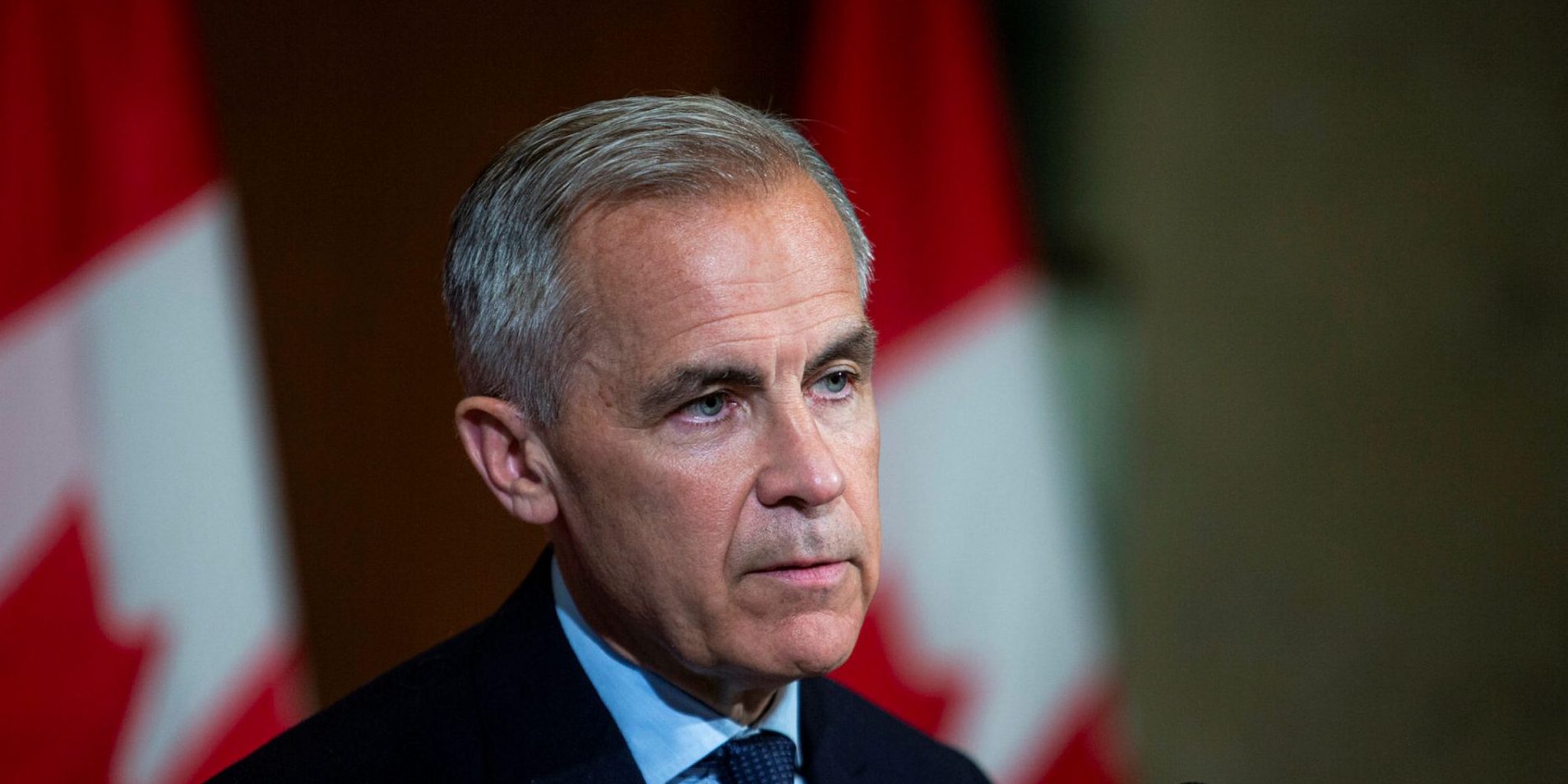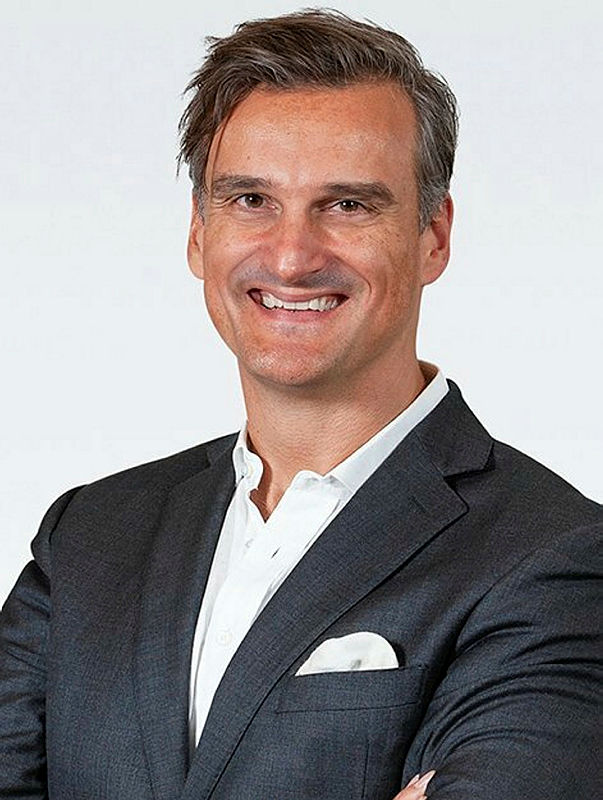New Parliament likely more cordial, but not much time for House committee work this spring, say strategists

Lobbyists and strategists say they expect the high tension and filibustering that held back productivity in the House last fall is likely to give way to a more cordial atmosphere as MPs get back to work in post-election Ottawa, but also that a more adversarial tone may return by the fall.
“This is a cyclical phenomenon. After an election, there’s always a bit of a sense of a reset. The voters grab the Etch A Sketch. They shake it. Everything’s gone, and let’s start drawing again,” said Yaroslav Baran, co-founder of Pendulum Group, a ex-Conservative Hill staffer and a former Conservative Party campaign communications director during Pierre Poilievre’s leadership campaign.
“There’s always a bit of a calming of past tensions, and everybody—at least at the early stages of the new Parliament—is always in a more cooperative mood, more friendly mood. They also recognize that the public isn’t in much of a mood for aggressive behaviour.”
The first session of the 45th Parliament opens on May 26 with the election of a new House Speaker. Baran argued that the spring sitting is likely to be “fairly cordial and reasonably co-operative,” but added that it’s too early to prognosticate about the entire session.
In contrast, the fall 2024 sitting was described as a “powder keg” by pollster Nik Nanos, CEO of Nanos Research, with David Coletto, CEO of Abacus Data, adding that calling that session tense would be an understatement, as reported by The Hill Times back in December. The House was trapped in gridlock throughout most of the fall sitting due to a privilege motion debate that started after House Speaker Greg Fergus (Hull–Aylmer, Que.) ruled on Sept. 26 that the government violated parliamentary privilege by not fulfilling a House order to hand over all documents related to the now-defunct Sustainable Development Technology Canada. A Conservative filibuster hamstrung the House for more than two months leading up to the Christmas break.
Baran said he expects MPs to return to being “more traditionally adversarial” by the fall, but adding that isn’t a negative.

“Our system is designed inherently to be adversarial with the idea that there’s a constructive tension that emerges from that. I think it’ll get back to normal probably around the time that the fall budget is introduced, and the ensuing debate following the budget,” he said.
Parliament is also facing a short amount of time in which to be productive, with the spring break scheduled for June 20. Because of that timeline, Baran argued that Canadians shouldn’t expect much action from House committees this spring.
“After an election, it normally takes about 30 days for committees to get up and running. If you do the math, that’s basically this entire spring sitting without House of Commons committees,” he said.
“I suspect that maybe towards the end of this sitting they might advance the normal timetable and at least table the memberships of the committees before the House adjourns for the summer because that way the committees can technically, at least, be considered to be constituted.”
When it comes to the government communicating its agenda, Baran said the first big opportunity will be the Throne Speech, to be delivered in the Senate Chamber by King Charles III on May 27.
“Beyond that … I’m not sure I’ve seen any reason to suspect we’ll see anything other than what we normally see—big communication blitzes surrounding tabling of legislation or any major new policy initiative, usually fronted by the minister and then often echoed … by other regional ministers,” said Baran.
Tom Parkin, a principal at Impact Strategies and an NDP strategist, told The Hill Times that the filibustering in the fall left the House unproductive, but said he doesn’t expect the current session to suffer from the same problems.
“The NDP is on mute and Mr. Poilievre’s attack dog-style has been chastised, I think … [and] seen as being overly aggressive,” he said. “[Poilievre’s] going to want to tone that down, and he might be wise to take the idea that—whether it’s Mr. Carney or anybody—they’re allowed to get the first bite of the apple.”
Parkin said that since Carney is still just getting started as prime minister, that Poilievre may “throttle back” in terms of criticism.
When asked if he expects a more adversarial tone to return to Parliament by the fall, Parkin said that could be the case, but it also depends.
“If Mr. Carney’s going to do things that, basically, investors love, then investors are not going to be too pleased about the Conservative Party making it a problem, and he’s got the NDP on mute, who might be raising opposition to things that only make investors happy if they’re not making incomes go up and wages improve,” said Parkin.
In terms of how the government will communicate its agenda, Parkin said he expects the Liberals will want to go with “a low-volume approach,” but also argued Carney could have more of an “imperial-style” than former prime minister Justin Trudeau.
“[Carney] is a guy who has been shooting basketballs and getting nothing but net for most of his life, and he walked into the prime minister’s job without even being elected to Parliament,” said Parkin. “This guy is batting 1,000 in life, so I don’t know why he would think that he can’t do whatever he wants.”
Kait LaForce, a senior consultant at Summa Strategies and a Liberal strategist who previously worked with the party’s research bureau, told The Hill Times in an emailed statement on May 21 that when it comes to communications, the federal Liberals are likely to rely on “focused, consistent messaging anchored in policy delivery.”

“It’s less about grand vision statements and more about concrete outcomes,” said LaForce. “How the government works with the opposition will depend on how inclusive the legislative agenda is. However, I think it’s clear that Carney has already shown an openness to be collaborative. If he can find common ground to get results on the policy that he wants the government to push forward, he will.”
Leah Young, a Bluesky Strategy Group consultant, said that when it comes to how productive the House will be this sitting, “it depends.”
“The prime minister talks about collaboration, but he’ll need to show openness to other viewpoints. He’s leading a minority government with no formal coalition, so every major piece of legislation will require deal-making. That creates instability and political gamesmanship,” she said.

Young’s background with the Conservatives includes serving as a senior adviser for parliamentary affairs and communications on the parliamentary affairs team under veteran Conservative Hill staffer David Prest, and as a former assistant to Conservative MP Brad Vis (Mission-Matsqui-Abbotsford, B.C.).
She said the Conservatives won’t give the Liberals a free ride “just because they changed the messenger.”
“If anything, the House may be more adversarial. Conservatives are energized, especially after over eight million Canadians voted for a Poilievre government,” she said.
Young said that the Bloc Québécois has signalled an openness to working with the Carney government on an issue-by-issue basis, but has ruled out any formal coalition, which means support will depend on whether Liberal policies reflect Quebec’s interests, such as health-care funding, and immigration.
“I think what I would say to the federal government is … to maintain their openness when it comes to working with other parties, and specifically when it comes to committees. A lot of amendments can be made in committee. It would be good for them to just hear all sides of different parties, as well as all sides of the country, from coast to coast to coast,” she said.
jcnockaert@hilltimes.com






 LICENSING
LICENSING PODCAST
PODCAST ALERTS
ALERTS













